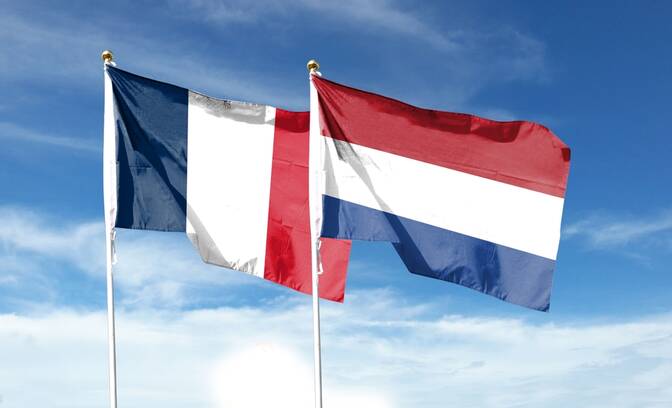Ketikoti
July 1, Tuesday

Historical context
On July 1st, 1863, the Netherlands officially abolished slavery in its colonies, including Suriname and the Caribbean islands. However, the freed people were required to work for their former owners for ten more years under a "contract labor system" before gaining full freedom.
Meaning of the holiday
Ketikoti is not only a day of remembrance for the victims of slavery but also a celebration of freedom, self-respect, the cultural heritage of the African diaspora, and solidarity.
How is Ketikoti celebrated?
Main forms of celebration include:
* Parades and processions in traditional costumes, especially in the capital of Suriname, Paramaribo
* Laying flowers at slavery memorials and reading the names of ancestors
* Cultural festivals with music, dance, and theatrical performances
* Community meals featuring traditional Afro-Surinamese cuisine
* Educational events and exhibitions on the history of slavery and colonialism
Celebration in the Netherlands
In Amsterdam and other Dutch cities with large Surinamese communities, Ketikoti includes rallies, marches, and street festivals. The central event is the National Wreath Laying Ceremony at the slavery monument in Oosterpark, Amsterdam.
Modern significance
The holiday is gaining increasing public relevance:
* Raises questions of historical justice
* Supports recognition of the Dutch role in the slave trade
* Encourages discussions on racism, discrimination, and reparations
Interesting fact
Although slavery was abolished in 1863, it was not until 2023 that the Dutch government officially apologized for its role in the slave trade and its consequences.
